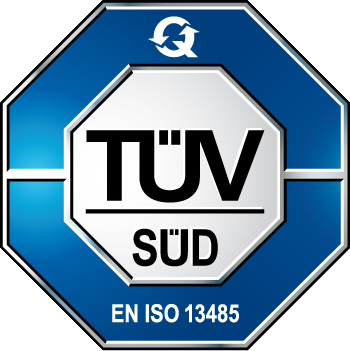Since the beginning of the lockdown, ES Plastics has been developing a new ventilator prototype for patients suffering from Covid-19 symptoms.
After a month of rapid design work and testing, the prototype, dubbed RespiratorNZ, is almost ready for manufacture and export.
However funding remains a serious issue for the company, who are still waiting to hear back from the Government on their application for a Covid-19 innovation grant.
Managing director Jeff Sharp said while they received initial grants from the foundations of philanthropists Steve Tindall and Sam Morgan, those had been well and truly used up by now.
“We’re patiently waiting for a decision from MBIE, they have a Covid-19 innovation fund which we applied for over two weeks ago. They’re probably four to five days late and don’t have a response so far.
“We’ve continued on using our own funding, but as you can imagine a project of this sort of size burns through cash at a very high rate – we’re stretching our means and at some point the elastic band will snap.”
Sharp said there had also been a lot of help from business partners to get the project off the ground, from engineering companies to designers and suppliers.
“Everyone’s been supportive but at some point they’re going to want some payment.”
Sharp said the idea came from a conversation with two of his neighbours, who happened to be doctors, on the day the Level 4 lockdown was announced in March.

Dr Martyn Harvey and Dr Giles Chanwai have been at the forefront of the Covid-19 response in the Waikato, and saw there was a need for ventilator units if the pandemic got out of control.
While the respirators were initially intended for the domestic market, Sharp said there had been big demand for the product overseas.
Specialising in plastic injection and blow moulding, under normal circumstances the company mainly produces products such as bottles and jerry cans.
Basing the prototype on an existing Penlon Nuffield Series 200 ventilator, the company has been able to source nearly of its components from within New Zealand.

This included repurposing circuit boards from their business partners Milktech NZ, which were originally designed for dairy farming cup removers.
The respirator was successfully tested on a live sheep at Ruakura Testing facility in Hamilton (after getting approval from the Ruakura Animal Ethics Committee), with the sheep having a lung capacity equivalent to a 50-60kg human. While anaesthetised the ventilator supported the sheep’s breathing for 6 hours, with no ill-effects afterwards.
Sharp said the respirators were nearly at the end of their 14-day testing and validation process and could be ready to send samples overseas by the beginning of May, with a potential production capacity of 100 ventilators per day if needed.
He said while there was a “massive” commercial opportunity for themselves and local suppliers, time was of the essence.
“We are fielding quite a few sales inquiries from people all around the world, and we’re just desperate to finish this development.
“We don’t have that luxury of being able to wait weeks for people to make a funding decision.”
Sharp said if the project got to the manufacturing stage, it could provide jobs for many businesses coming out of the Covid-19 lockdown.
He said so far the respirator included 75 individual parts requiring 18 suppliers – 15 of which were based in New Zealand.
“A project like this has the potential to support a lot of local families and local businesses … we’re very disappointed we’ve been waiting this long for the government to make a call on it.”





